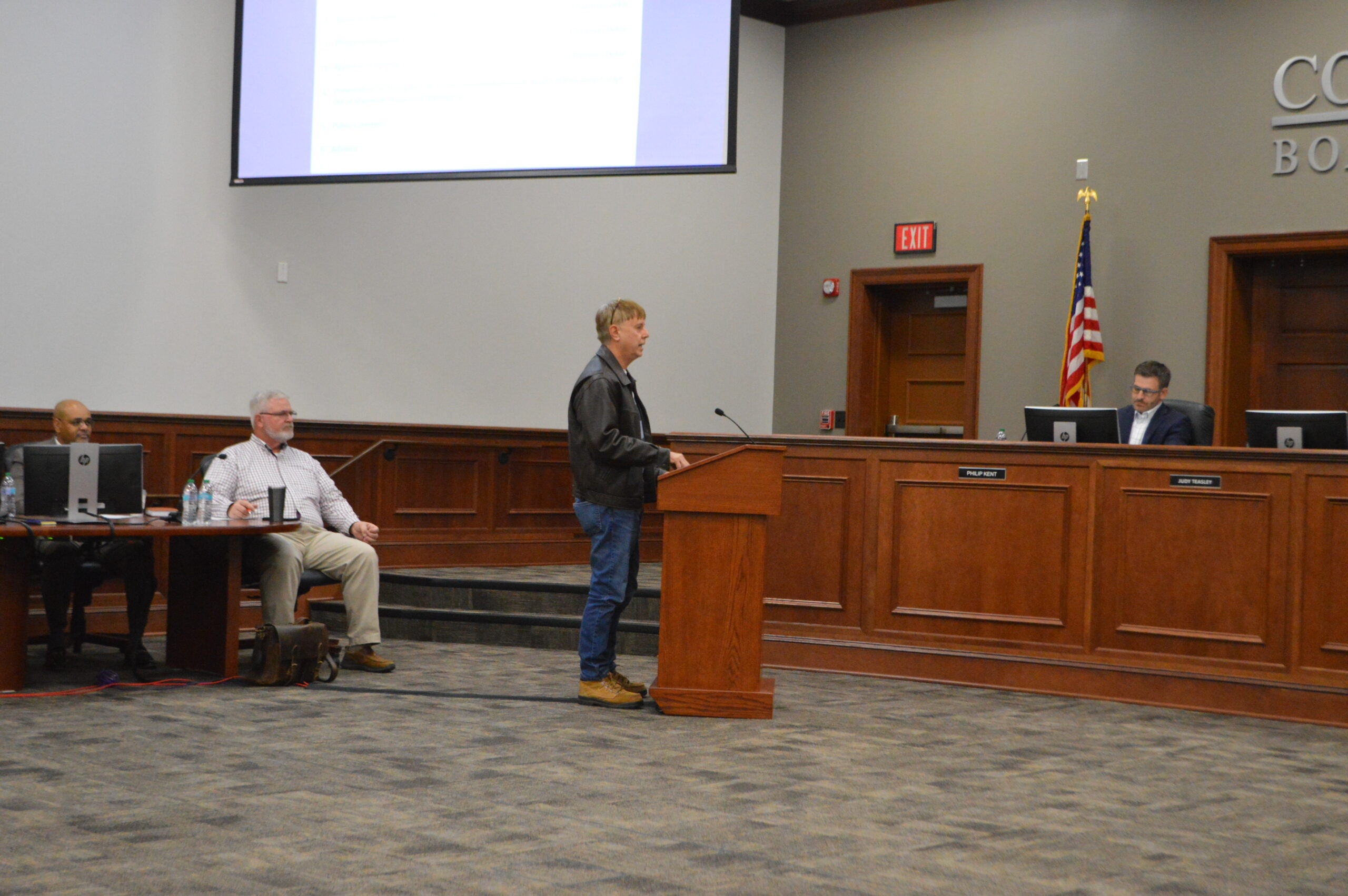Early Monday morning, the Columbia County School District (CCSD) held its first public hearing on House Bill 581, part of its process in deciding whether or not to opt out.
This bill provides relief and clarity to taxpayers by offering a statewide floating homestead exemption, an optional sales tax to further offset property taxes and property tax process reforms.
The homestead exemption changes the way homestead properties are reassessed for taxable purposes each year. It caps the percentage a home can be reassessed each year by a rate established by the state revenue commissioner.
Local governments, including boards of education, have one opportunity to opt out by holding three public hearings, advertising their intent to opt out and passing a resolution by March 1.
CCSD is looking at the potential negative impact of the bill, and for the district, opting out seems to be the most desirable outcome.
Why school districts want to opt out
Alex Casado, CCSD chief financial officer, shared some of the drawbacks of opting in from the school district’s perspective, including the “loss of local control.”
“School boards will lose some level of control in that there’s only one opportunity to opt out ever, until the sunset period of this law, which is 50 years,” said Casado.
“It would negatively impact property tax revenues for the school district,” he said, adding that the hypothetical estimated revenue loss, if the house bill had been in place for the past five years, would be almost $11.9 million or an average of almost $2 million per year.
He added that credit rating agencies have reported that school districts that don’t opt out will be looked at less favorably for credit ratings.
Fighting for House Bill 581
A public participation session gave the community a chance to voice their opinions before the school district makes a decision about whether to adopt or reject the bill.
Tom Himburg spoke, saying that the legislature’s reason for introducing House Bill 581 is “because the complaint of all the citizens of Georgia is the rapidly rising, out of control property assessments.”
“Everyone’s worried about it, all 159 counties, not just us, and it was interesting [that] in the presentation, everything was about what the school board was gonna lose. Nothing was about what the citizens of Columbia County are putting up with,” Himburg said.
Ronald Gilchrest spoke next: “First and foremost, 72% of the Columbia County voters voted for this bill,” he said. “That’s 59,000 people, so, can 59,000 people be wrong?”
Wrapping up public participation was Greg Price, who also expressed his support for the bill.
“My support of it is like all other homeowners,” he said. “It gives us stability. It gives us consistency. We have the good fortune to live in a very popular county, one of the best countries in the nation, and that’s reflected in the increasing property values that we all have to deal with.”
“I hope you respect the will of your voters,” he added. “I hope you understand the position that we’re all in. And I hope you can, can see it as an opportunity to have some stability, to have some reliability.”
What’s next
Two more public hearings will be held before a decision is made: the second on Tuesday, Jan. 28 at 6 p.m. and the final on Wednesday, Jan. 29 at 8 a.m.
The board is aiming to make a decision about opting out at its first regular meeting in February.











